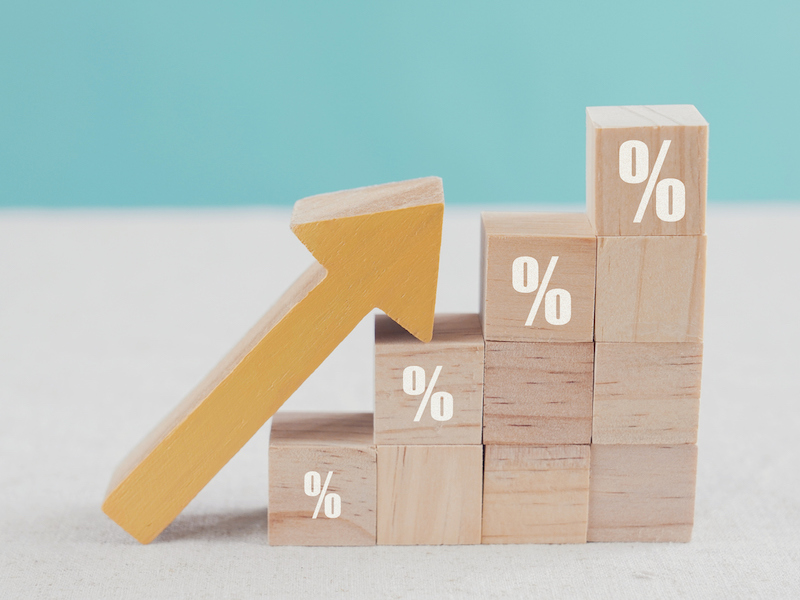
The Bank of Canada raised its benchmark interest rate Wednesday to 0.50% in its first significant step to combat historic inflation not seen in more than three decades.
The quarter-point increase is the central bank’s first interest rate hike since October 2018.
The decision, a move that will likely prompt Canada’s big banks to raise their prime rates, comes against the backdrop of the Russia-Ukraine conflict, which has caused the price of commodities such as oil and natural gas to spike in recent days.
In a Tuesday update, RBC Economics noted that despite increased geopolitical tensions, “domestic economic conditions [look] substantially stronger and inflation [is] running above-target,” wrote senior economist Nathan Janzen prior to the hike.
TD Economics suggested Monday that “this will likely be the swiftest pace of rate hikes since 2005.”
“With inflation serially overshooting expectations, and with economic slack having disappeared, they have no wiggle room to take a wait-and-see approach anymore. The only question remaining is how high will rates go within this normalization cycle?” wrote TD economists Beata Caranci and James Orlando.
In its announcement, the BoC stated that it expects inflation to be higher in the near-term than it previously thought, and that it “will use its monetary policy tools to return inflation to the 2% target and keep inflation expectations well-anchored.”
CPI inflation in January was 5.1%, the highest since 1991.
In a Wednesday update, shortly after the BoC announcement, Caranci and Orlando noted how the central bank’s policy path “isn’t set in stone.”
“The Russia/Ukraine conflict is causing financial conditions to tighten. Should the spillover become more entrenched, further tightening may need to be reassessed,” they wrote.
Benjamin Reitzes, managing director of Canadian rates and macro strategist of fixed income strategy at BMO Economics, wrote in a statement that another BoC rate hike could come fairly soon.
“Well-above-target inflation remains the focus for the Bank, though heightened geopolitical uncertainty has the potential to makes things a bit trickier for policymakers. Assuming global conditions don’t deteriorate massively, look for another 25 bp rate hike at the next meeting in April,” he said.
Josh Nye, senior economist at RBC Economics, also hinted at a possible April rate hike in a Wednesday economic update.
“At this early stage, we don’t think geopolitical developments preclude a follow-up hike in April, nor do they argue for the more aggressive tightening path that markets continue to price,” he wrote.
Nye added that BoC governor Tiff Macklem could use his economic progress report speech on Thursday to provide more insights on what quantitative tightening will look like and whether the central bank plans on incrementally phasing out reinvestment, or quickly transition to a smaller share of primary market purchases.
“Those details could be followed by an actual QT announcement as soon as April’s meeting depending on how financial conditions evolve in the interim,” he wrote.